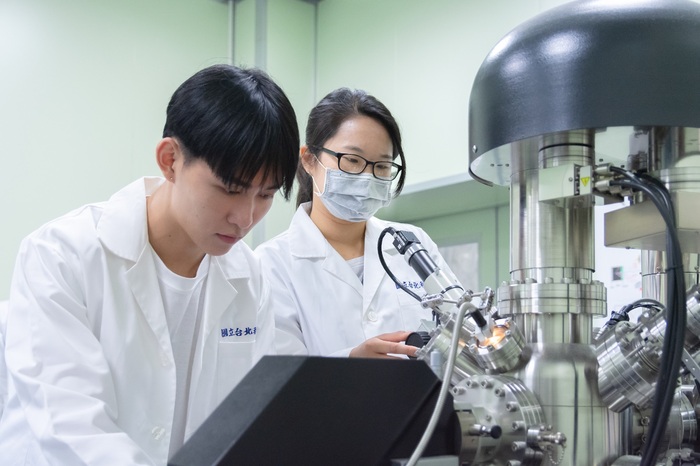Taipei Tech Continues to Improve and Perform Strongly in 2022 QS World University Rankings

Quacquarelli Symonds (QS) recently announced their results of the 2022 QS World University Rankings by Subject. In the broad subject categories, Taipei Tech has made remarkable improvement in Engineering & Technology, ranked from 144th to 108th among the world.
Taipei Tech also performs strongly in other subjects in this year’s QS ranking: Chemical Engineering (#63), Materials Science (#71), Architecture / Built Environment (#51-100), Electrical & Electronic Engineering (#101), Mechanical, Aeronautical & Manufacturing (#106), Computer Science & Information Systems (#201-250), Business & Management Studies (#201-250), Environmental Sciences (#251-300), and Physics & Astronomy (#551-600).
President Wang Sea-fue points out that Taipei Tech has been dedicated to talent cultivation and industry-academia collaboration for years. The total amount generated by industry-academia cooperation projects conducted by Taipei Tech reaches five hundred million NTD last year. Taipei Tech has also established the Frontier Institute of Research for Science and Technology, focusing on the development of energy, artificial intelligence and semiconductor, and building exchange networks with industry partners such as Delta Electronics, Acer, AUO, ELAN Microelectronics, Chicony and Sunbird. Taipei Tech also works closely with TSMC and launched Semiconductor Industry Program. Hundreds of students have secured job positions at TSMC in the past three years.
In addition, Taipei Tech Department of Architecture is the oldest higher education architecture department in Taiwan, and has cultivated many world-renowned architects such as Guo Mao-lin and Hou Shi-chiuan. In recent years, the Department of Architecture has been engaging in the development of green buildings and senior-friendly environmental design to keep pace with climate change and aging population issues.